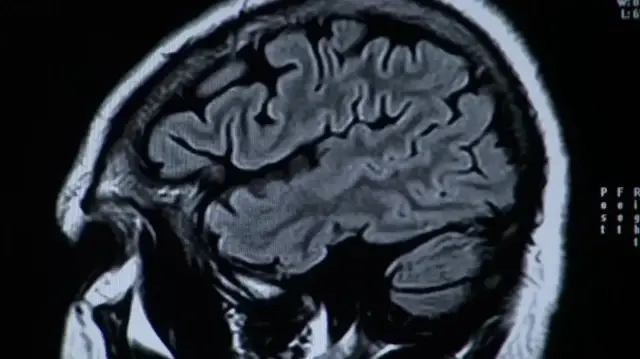Poor sleep quality linked to accelerated brain aging in major study

People with poor sleep had brains that appeared nearly a year older than their actual age, researchers find
A comprehensive study published in the Lancet medical journal has revealed a significant connection between poor sleep quality and accelerated brain aging in adults. The research, which analyzed data from more than 27,000 participants aged 40 to 70, found that individuals with suboptimal sleep patterns had brains that appeared nearly one year older than their actual chronological age, raising important questions about sleep's role in long-term cognitive health.
AI Analysis Reveals Brain Age Discrepancy
Researchers employed artificial intelligence to examine brain MRI scans and estimate each participant's "brain age" based on biological markers including tissue loss, cortical thinning, and blood vessel damage. The analysis demonstrated that each measurable decline in sleep quality corresponded to approximately six months of additional brain aging. Participants with poor sleep profiles—encompassing conditions like insomnia, snoring, irregular sleep duration, or late chronotypes—consistently showed older-appearing brain structures compared to those with healthier sleep patterns.
Inflammation Identified as Key Factor
The investigation identified inflammation as a potential mechanism explaining roughly 10% of the relationship between sleep quality and brain aging. Poor sleep habits appear to elevate inflammatory markers in the body, which may subsequently damage blood vessels and brain cells. "Having a brain age higher than your actual age can be a signal of departure from healthy ageing," the researchers noted, highlighting the importance of their findings for understanding cognitive decline pathways.
Practical Implications for Brain Health
While brain aging is an inevitable biological process, the study authors emphasized that lifestyle adjustments can help moderate its pace. Their recommendations include maintaining consistent sleep schedules, reducing caffeine and alcohol consumption before bedtime, limiting screen time in the evening, and creating optimal sleep environments. These findings build upon previous research connecting advanced brain aging to faster cognitive decline, increased dementia risk, and earlier mortality, underscoring sleep's critical role in maintaining neurological health throughout adulthood.
Advertisement







Comments you share on our site are a valuable resource for other users. Please be respectful of different opinions and other users. Avoid using rude, aggressive, derogatory, or discriminatory language.